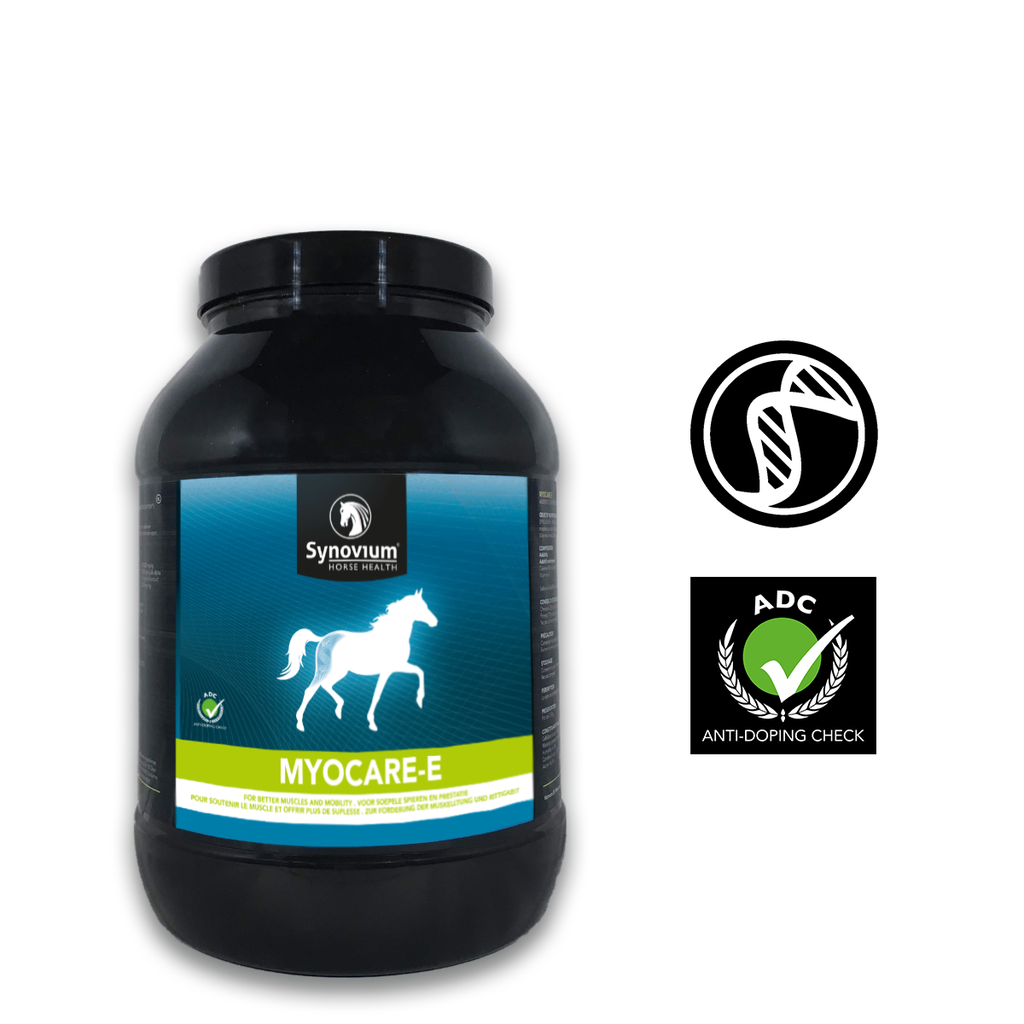1. Fagan, M. M., Harris, P., Adams, A., Pazdro, R., Krotky, A., Call, J., & Duberstein, K. J. (2020). Form of Vitamin E Supplementation Affects Oxidative and Inflammatory Response in Exercising Horses. Journal of Equine Veterinary Science, 91: 1-12.
2. Manthe, B. N., & Youngs, C. R. (2013). An Overview of Vitamin Requirements of the Domestic Horse. Natural Sciences Education, 42(1): 179-184.
3. Williams, C. A., & Carlucci, S. A. (2006). Oral vitamin E supplementation on oxidative stress, vitamin and antioxidant status in intensely exercised horses. Equine Veterinary Journal, 38(36): 617-621.
4. Finno, C. J., & Valberg, S. J. (2012). A Comparative Review of Vitamin E and Associated Equine Disorders. Journal of Veterinary Internal Medicine, 26(6): 1251-1266.
5. Meydani, S. N., Han, S. N., & Wu, D. (2005). Vitamin E and immune response in the aged: Molecular mechanisms and clinical implications. Immunological Reviews, 205: 269-284.
6. Gee, E. K., Bruemmer, J. E., Siciliano, P. D., McCue, P. M., & Squires, E. L. (2008). Effects of dietary vitamin E supplementation on spermatozoal quality in stallions with suboptimal post-thaw motility. Animal Reproduction Science, 107(3–4): 324-325.
7. Culbertson, J. Y., Kreider, R. B., Greenwood, M., & Cooke, M. (2010). Effects of Beta-alanine on muscle carnosine and exercise performance: A review of the current literature. Nutrients 2(1): 75-98.
8. Derave, W., Everaert, I., Beeckman, S., & Baguet, A. (2010). Muscle Carnosine Metabolism and β-Alanine Supplementation in Relation to Exercise and Training. Sports Medicine, 40(3): 247-263.
9. Holeček, M. (2017). Beta-hydroxy-beta-methylbutyrate supplementation and skeletal muscle in healthy and muscle-wasting conditions. Journal of Cachexia, Sarcopenia and Muscle, 8(4): 529-541.
